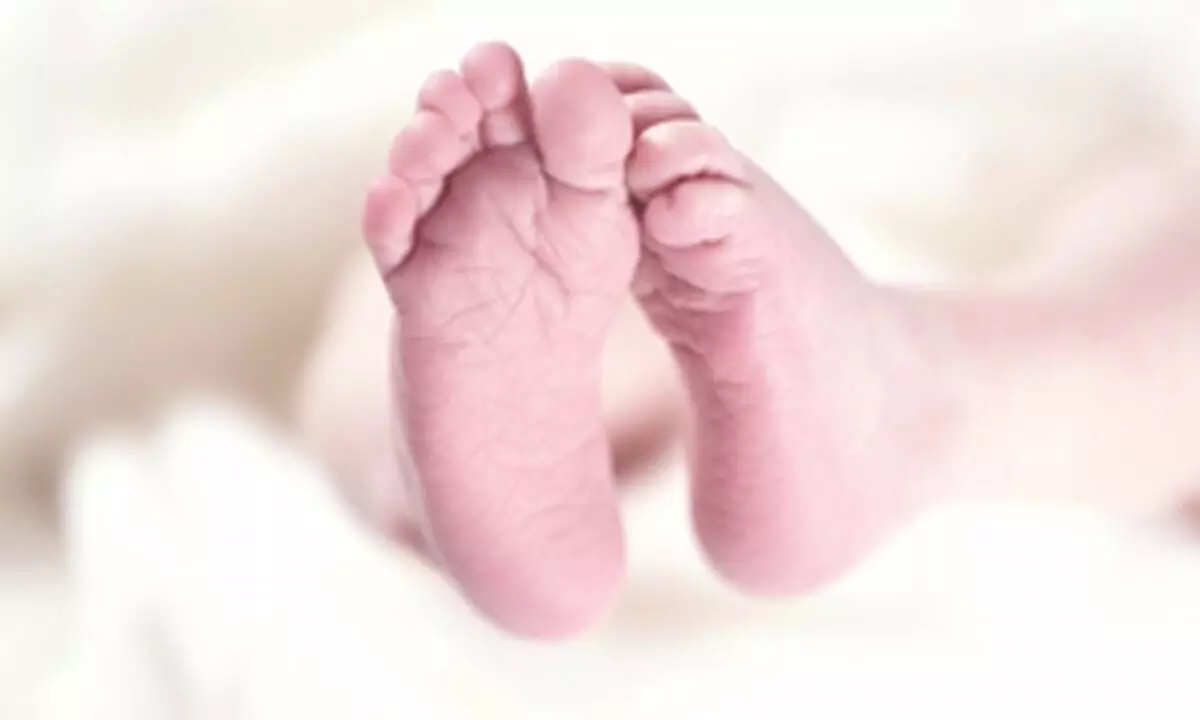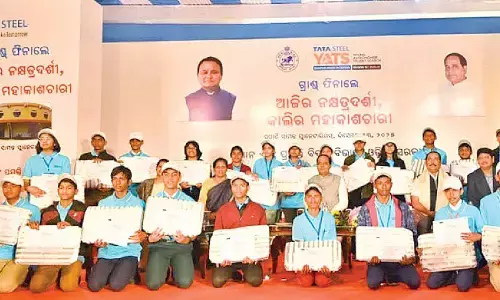Local leaders sceptical about Japan's efforts to address declining birthrate
Share :

Governors and Mayors across Japan revealed widespread scepticism about the country's ability to improve it's declining birthrate by 2030, said a recent survey conducted by local media.
Tokyo: Governors and Mayors across Japan revealed widespread scepticism about the country's ability to improve it's declining birthrate by 2030, said a recent survey conducted by local media.
Despite the government's "unprecedented measures" to tackle the challenge, including expanding child allowances and parental leave benefits, 79 per cent of respondents expressed doubt that these efforts would lead to meaningful improvement, according to the survey conducted by national news agency Kyodo.
According to Japan's Ministry of Health, Labour and Welfare, the total fertility rate, which estimates the average number of children a woman will have in her lifetime, hit a record low of 1.20 in 2023, but the rate needs to be 2.07 to maintain the population. The government has labelled the period up to 2030 as the "last chance" to reverse the declining trend, Xinhua news agency reported.
In the survey, 23 per cent of respondents said they "do not think" the fertility rate will improve by 2030, while another 56 per cent also gave negative answers. Only two per cent of the surveyed local leaders were sure of such improvement.
The survey highlighted a call for more comprehensive measures beyond current strategies, including government financial support to make school meals and medical expenses free, Kyodo reported on Sunday.
Respondents also stressed the need to address the rise in unmarried individuals, indicating that support should extend beyond families with children to tackle underlying social challenges.
On the national level, officials have spoken about the severity of the situation of Japan's aging and shrinking population — and pitched their plan as a last chance to turn things around.
"The period until the early 2030s, when the population of young people is expected to decline sharply, is the last chance to reverse the declining birthrate trend," Prime Minister Fumio Kishida said on June 1.
His government plans to double childcare spending by the early 2030s, including bigger subsidies for families with kids, more support for higher education and medical care for children with disabilities.






